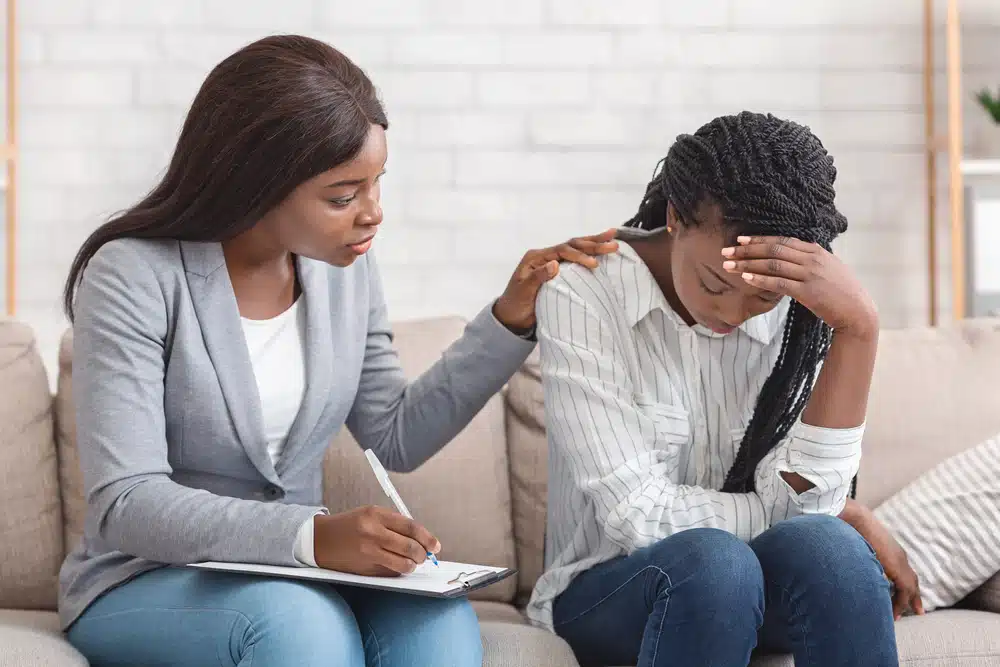24/7 Helpline:
(866) 899-111424/7 Helpline:
(866) 899-1114
Learn more about Bipolar Disorder Treatment centers in Saluda County
Bipolar Disorder Treatment in Other Counties

Other Insurance Options

PHCS Network

MHNNet Behavioral Health

Absolute Total Care

Coventry Health Care

Evernorth

Optima

Medical Mutual of Ohio

Anthem

Molina Healthcare

UnitedHealth Group

Covered California

Carleon

Meritain

Ceridian
Beacon

Kaiser Permanente

Self-pay options

American Behavioral

Access to Recovery (ATR) Voucher

Sutter

















Recovery Works
Recovery Works is a private rehab located in Ridge Spring, South Carolina. Recovery Works specialize...










